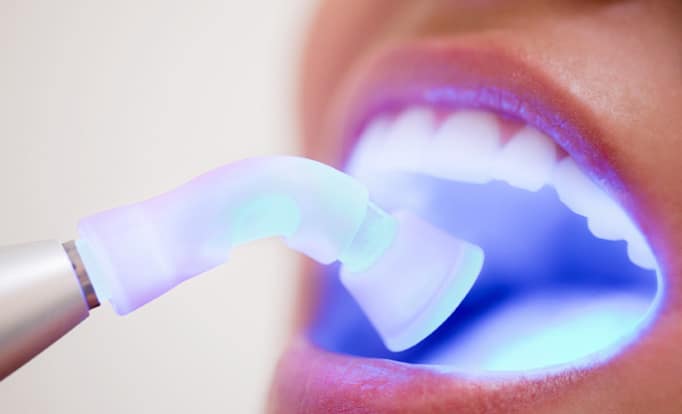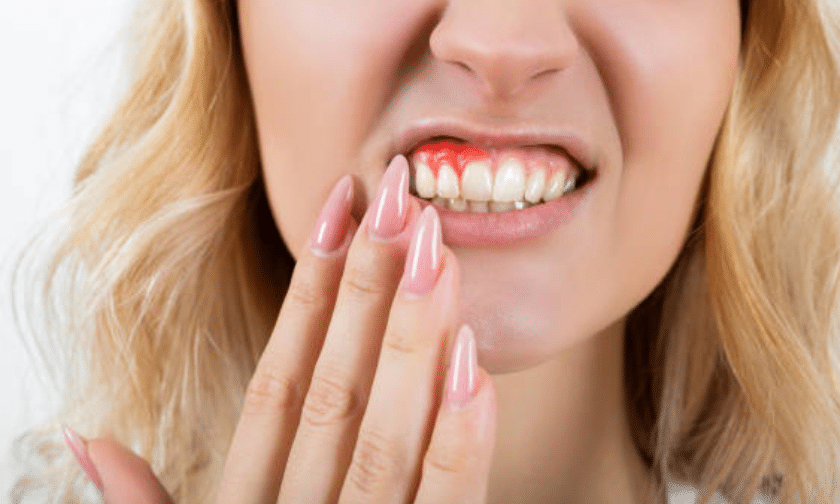
8 Unexpected Health Benefits of Good Oral Hygiene
Good oral hygiene isn’t just important for a healthy, beautiful smile. It can also have an enormous impact on your overall health and well-being. Unfortunately, many people don’t realize the wide range of positive effects that come with taking care of your teeth and gums. Read on to discover eight unexpected health benefits of good oral hygiene.
Benefit 1: Improved Cardiovascular Health
It may surprise you to learn that poor oral hygiene can increase your risk for developing cardiovascular disease. Bacteria from decaying teeth and gum infections can travel through the bloodstream, causing inflammation in arteries and increasing the likelihood of plaque buildup in them. Regular brushing, flossing and regular dental checkups can help reduce these risks.
Benefit 2: Reduced Risk of Certain Cancers
It’s not only your heart that can be affected by poor oral hygiene; research has also found links between gum disease and certain cancers, such as oral and pancreatic cancer. Good oral hygiene practices can help reduce the risk of developing these conditions.
Benefit 3: Improved Digestion
Your mouth is filled with bacteria, some of which are beneficial, while others aren’t so great for your health. The bad ones can travel down the esophagus and into the stomach, leading to digestive problems like acid reflux and irritable bowel syndrome. Brushing twice a day helps get rid of these bacteria before they have a chance to take hold.
Benefit 4: Prevention of Bad Breath
Nobody wants to be around someone with bad breath, but it can be more than just an annoyance. It’s often a sign of poor oral hygiene and can be caused by bacteria that have built up in the mouth due to not brushing or flossing regularly. Keeping your teeth and gums clean helps keep bad breath—and those embarrassing social situations—at bay.
Benefit 5: Reduced Stress and Anxiety Levels
It may sound implausible, but oral hygiene actually has a direct effect on stress levels. Studies have shown that people who take care of their teeth experience significantly lower levels of anxiety than those who don’t. This is likely because good oral hygiene means fewer dental issues, which can be a major source of worry and stress.
Benefit 6: Lower Risk of Pregnancy Complications
Pregnant women who don’t take care of their teeth are more likely to experience complications, such as preterm labor and low birth weight. Keeping up with regular brushing and flossing helps reduce the risk of these unpleasant side effects.
Benefit 7: Improved Sleep Quality
Not surprisingly, poor oral health can lead to sleep disruption due to pain or discomfort in the mouth. Regular brushing and flossing help keep your mouth healthy, leading to better quality sleep overall.
Benefit 8: Enhanced Self-Esteem
Having a healthy, attractive smile can boost your self-esteem and make you feel more confident. Good oral hygiene will help you achieve this look, giving you the confidence to put your best face forward.
Conclusion
Good oral health is much more than just a healthy and beautiful smile; it has an enormous impact on your overall well-being. Taking proper care of your teeth and gums not only reduces the risk of serious health complications but also helps improve your quality of life in other ways. From reducing stress levels to benefiting your digestion, there are many unexpected benefits that come with practicing good oral hygiene habits.
A: Brushing twice a day and flossing daily are the best ways to ensure good oral hygiene.
A: Poor oral hygiene can increase your risk for developing cardiovascular disease because bacteria from decaying teeth and gum infections can travel through the bloodstream, causing inflammation in arteries and increasing the likelihood of plaque buildup in them.
A: Yes, research has linked gum disease with certain cancers, such as oral and pancreatic cancer. Good oral hygiene practices help reduce this risk.



